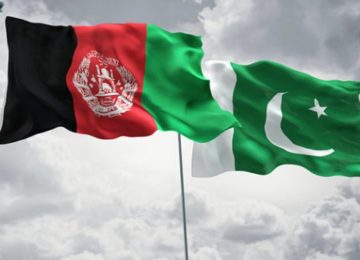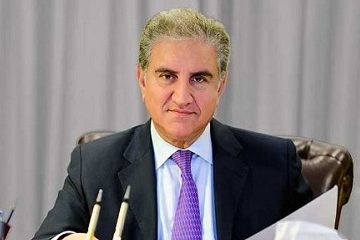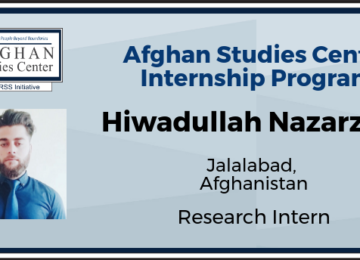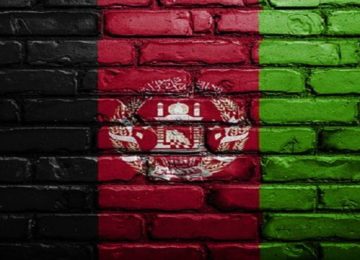BY Shahana Naseer
In the crucial meeting, the Taliban urge the lifting of sanctions amid economic woes, calling the forum an opportunity to engage in constructive dialogue. Criticism is being drawn from human rights proponents as the agenda covers the economic crisis, narcotics, and amelioration of private sector (especially for women entrepreneurs, but omits women, human rights, and civil society representation.
The UN-sponsored Doha III talks aim to engage with the Taliban, a group with a controversial past and concerning human rights record. The international community is attempting to balance diplomatic engagement with the promotion of stability and human rights in the region. An IEA delegation, led by Zabihullah Mujahid, is participating for the first time in an international convention on Afghanistan.
Mujahid emphasised IEA’s commitment to positive engagement despite challenges and called for unfreezing Afghanistan’s foreign reserves to support the national economy and banking sector. “We perceive the current Doha meeting as a crucial opportunity to engage in constructive dialogue regarding the unilateral and multilateral sanctions imposed on some officials and our financial and banking sectors, as well as the broader challenges confronting our national economy,” he said. He acknowledged policy differences with other countries but stressed that sanctions should not harm the Afghan people. Mujahid also highlighted efforts to ban poppy cultivation and criticized international actors involved in Gaza for lacking moral authority on human rights issues.
Before the summit, the Taliban delegation met with representatives from the UN and countries including Russia, Pakistan, India, Iran, Saudi Arabia, and Uzbekistan. Saudi Arabia announced plans to reopen its embassy in Kabul soon.
Iran’s envoy, Kazemi Qomi, expressed Tehran’s concerns and humanitarian policies, emphasizing the need for comprehensive negotiations due to the region’s complex conditions. Qomi hoped that the talks would bring peace, stability, and a government reflecting the people’s will without foreign interference.
The meeting agenda focuses on the economic crisis, narcotics, and boosting the private sector, especially women entrepreneurs. While Taliban participation is a promising move, the exclusion of human rights and women’s rights is alarming. The international community must ensure women and vulnerable Afghans are represented in these critical discussions.
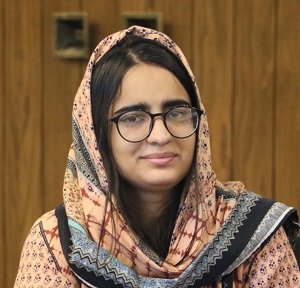
Shahana Naseer works as a Research Assistant at CRSS. She holds a Bachelors in International Relations. Primarily, she focuses on regional development and Human rights issues in Pakistan. She is responsible for managing social media and additional research-related assignments.
Shahana is dedicated to promoting human rights, social issues, and inclusive development and strives to deepen her understanding through research and collaboration.




